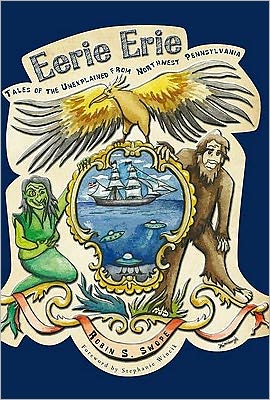Wednesday, February 8, 2012
What is a Demon? Part 1: Etymology
A new Examiner post, which is a modification of a story I did here. I will follow up with 2 more parts later this week and next. But the first part is from my blog: What is a demon? Etymology.
Where do we get the word "demon" from and how does the definition impact what we know about malevolent spirits? Read more at the Examiner here: http://www.examiner.com/paranormal-in-pittsburgh/what-is-a-demon-part-1-etymology
Subscribe to:
Post Comments (Atom)










1 comment:
This etymology route is really only appropriate for people reading accounts from the ancient world before the word demon came to be fixed on what the New Testament calls "unclean spirits". The early Greeks may have thought these spirits were not altogether evil and were worthy of adoration and sacrifice, but their Christian descendants came to know better.
Etymologically, a dictator or even a tyrant was not necessarily a bad or unjust ruler, and holocaust has nothing to do with genocide. For that matter, "the 'n'-word" is not a slur by its denotation, but only by its connotation, and only unambiguously a slur over the past few decades. However, unless someone is already puzzled, for example, about the altar of holocaust at Solomon's Temple, such facts are more likely to cause confusion than to enlighten.
Post a Comment